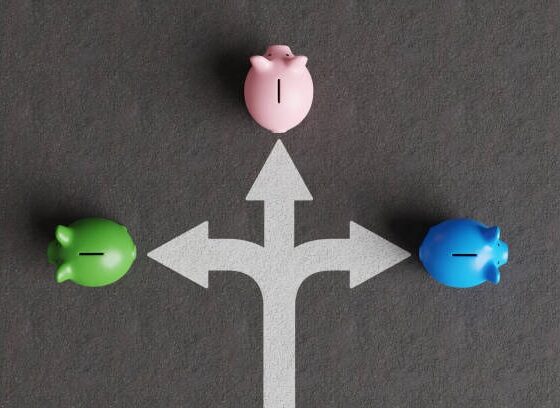Introduction
In a world where information is king, the ethics of honesty play a critical role in shaping society. Lies and half-truths have an immense impact on our lives, relationships, and even global affairs. Understanding the ethical considerations behind these deceptive practices is essential for fostering trust and maintaining the fabric of human connection.
Beneath the Veil: The Dangers of Deception
Lies and half-truths often come wrapped in seemingly innocent intentions, but their consequences can be far-reaching. The deceptive nature of these practices fosters an atmosphere of distrust, negatively affecting our relationships, both personal and professional.
We live in an era where fake news and misinformation thrive, causing division and confusion among the masses. Lies can manipulate public opinion, leading to political unrest and social discord. Moreover, the impact extends to individual moments of crisis or decision-making, as lies can undermine our ability to make informed choices, hampering personal growth and societal progress.
The Ethical Deficit: Moral Implications
Lies and half-truths erode the ethical foundation upon which trust and integrity are built. In a society that values truth, honesty should be the compass guiding our actions. Engaging in deceptive practices not only threatens the relationships we hold dear but also compromises our own sense of self-worth and authenticity.
By perpetuating lies, individuals risk losing trust from their loved ones, colleagues, and even themselves. This ethical deficit can lead to a vulnerable environment where exploitation and manipulation thrive. Additionally, one’s credibility can be irreparably damaged, causing reputational harm that may take years to regain, if at all.
The Power of Empathy: Choosing Honesty and Compassion
While lies and half-truths may momentarily shield us from discomfort or consequences, adopting an empathetic approach often uncovers a path to greater growth and understanding. Truth, even when uncomfortable, fortifies relationships, empowers communication, and fosters an environment of trust.
Acknowledging the feelings and perspectives of others allows us to navigate sensitive situations with honesty and compassion. Embracing honesty as a foundational value in our personal and professional lives equips us to make decisions that are bound by integrity.
FAQs: Answering Your Burning Questions
Q: Are there any situations where lying can be justified?
A: There may be rare instances, such as protecting someone’s life or ensuring safety during times of emergency, where lying might be considered a moral dilemma. However, even in such cases, transparency and empathy should guide our actions.
Q: How can lies and half-truths affect mental health?
A: The weight of a lie can take a toll on mental health, causing guilt, anxiety, and a sense of disconnection. Living a life built on lies and deceit can lead to immense stress, deteriorating one’s well-being.
Q: How can we encourage a culture of honesty and truthfulness?
A: Promoting open and honest communication is crucial. We must lead by example, encouraging transparent conversations, embracing vulnerability, and actively valuing truthfulness in our interactions.
Conclusion
Deciding between lies and truth is a moral crossroads we frequently face in our lives. The power of honesty can shape the core of human connection, while lies corrode trust and authenticity. By taking a step towards empathy, compassion, and truthfulness, we can create a world that values integrity, fosters relationships, and champions human progress.
Let us embark on this journey of embracing truth as the bedrock of our existence, for it is through truth that we find genuine connections, limitless possibilities, and a life worth living.
References
- Reference 1
- Reference 2
- Reference 3



